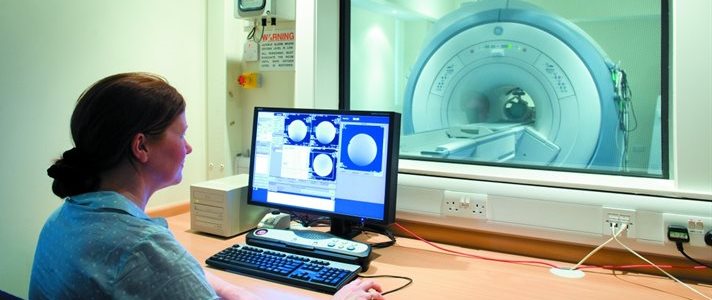
Developing a consensus on mental health recovery for modern slavery survivors.
This projects aims to address the gap in understanding what helps survivors to recover by exploring survivors experiences of mental health and recovery.
Duration: February 2021 to January 2022
Funder: NIHR
Partners:
Home Office Modern Slavery Unit (MSU), Home Office Modern Slavery Unit (MSU) Independent Anti-Slavery Commissioner (IASC)
CHILL investigators:
Profesor Stephen Timmons
Research summary
Modern slavery refers to the exploitation of individuals through activities such as forced sex work, forced labour, forced criminal activity and the sale/exploitation of children. There are an estimated 40.3 million enslaved people worldwide, including an estimated 136,000 people in the UK. Modern slavery survivors have often experienced extreme violence and psychological abuse. As a result, mental health problems such as anxiety, depression, psychosis and post-traumatic stress disorder (PTSD) are common. Recovery has become the foundation of mental health service provision globally. It recognises that to be able to lead a fulfilling life, individuals need more than the treatment of symptoms. Supporting recovery for survivors of modern slavery is referred to widely in UK government policies. However, recovery is not clearly defined in these policy documents, and survivor experiences are not central. Very little is known about what helps survivors to recover, or indeed even what the term recovery means for them. To start to address this gap, the National Institute for Health Research (NIHR) funded a study exploring survivors experiences of mental health and recovery.
The study started in July 2019 and runs until March 2021. It involves interviews with 30 survivors to understand their experiences. Early findings show that recovery is a diverse concept, including practical, emotional, social and psychological elements. This application is for a follow-on study, using the first study s findings to co-produce a survivor-informed definition of mental health recovery for use in a policy context. We will use an established method called a Delphi Consultation to identify whether agreement exists about the meaning of recovery between five important groups: survivors; policy makers; statutory health service staff; non-governmental organisation staff; and researchers. The approach involves asking participants to rate questionnaire items about possible aspects of recovery over several rounds, with later rounds including information on how other participants have rated items. A consensus workshop will be then convened to finalise the definition with survivors, policy makers and other stakeholders. Survivors will be involved throughout the process. A survivor co-applicant (Dang) will be a member of the project management team and a lived experience research advisory board will be convened to advise on the conduct of the research. Survivors will also participate in the consensus process.
We have consulted with key stakeholders on this project, including the Independent Anti-Slavery Commissioner (IASC) who expressed high interest levels.
Our translation of research into policy will be further aided by our current “buddying scheme” with the UK Home Office Modern Slavery Unit (MSU), which pairs researchers from the University of Nottingham s Rights Lab (including the PI) with MSU officials to exchange knowledge.



